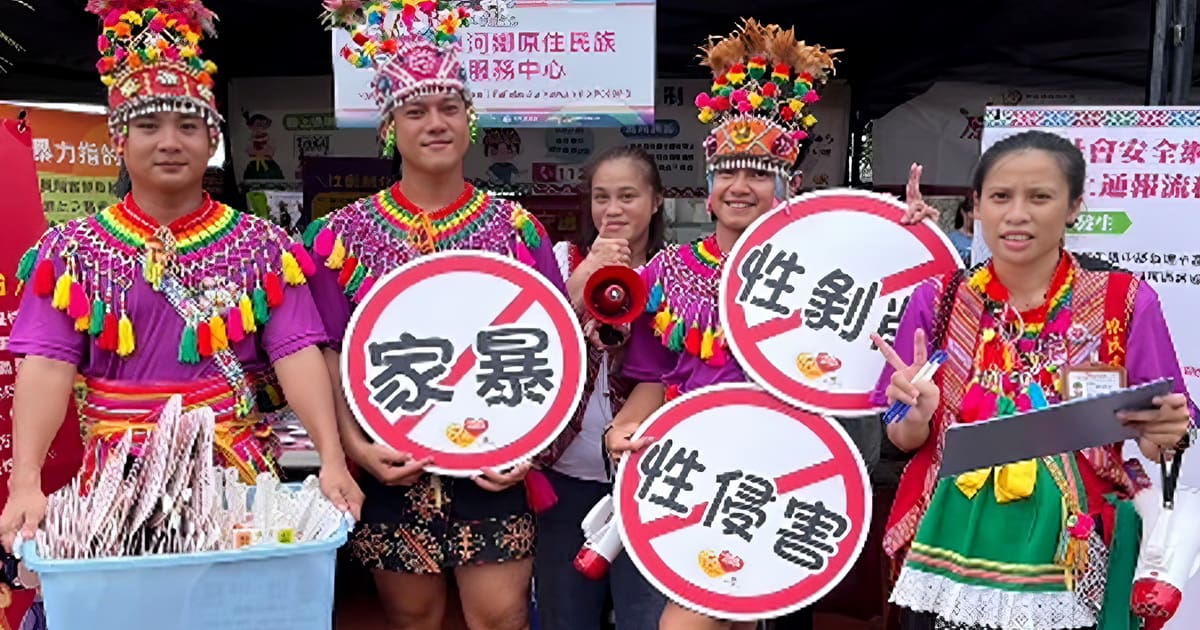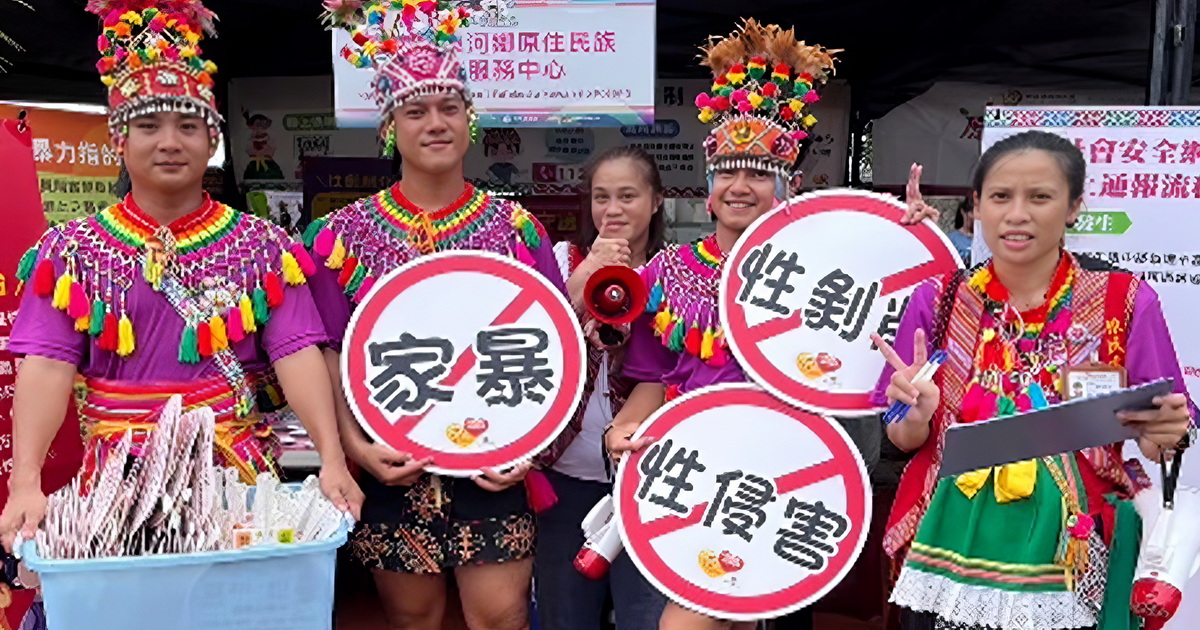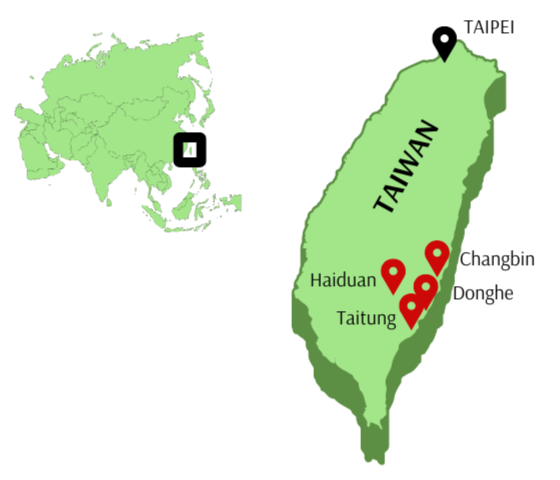Taking Care of Elderly People and Indigenous Families in Taiwan
Founded in 2003 to support vulnerable women in the city of Taitung, AIC Taiwan has since spread its activities in the south-east of the country, to Donghe and Haiduan Townships and the Changbin Area. Today, the main focus of the association’s 60 volunteers is to support elderly and/or indigenous people living in the most disadvantaged communities of the country. This work is organized into three groups: Family Service, Community Service and Long-Term Care.
Improving families’ well-being and self-reliance
The “Family Service” group works with the Indigenous Family Service Centers, which have been operating since 2009 in Taitung City and Donghe Township. The purpose of these centers is to support indigenous people who encounter difficulties in daily life, to improve their well-being and self-reliance. 14 AIC volunteers have received training and now work with a professional social worker. They offer training to beneficiaries, support for finding employment, and raise awareness on domestic violence in order to reduce risks for disadvantaged families and women. They also support young people who have dropped out of school. Service Centers have supported over 250 families so far.
Helping elderly community members stay active
The Zhangyuan and Zhuhu Cultural and Health Stations in the Changbin Area are part of AIC volunteers’ “Community Service” group, providing services to about 50 elderly people from local tribes. Activities aim to strengthen social ties and improve mobility through care visits, telephone greetings, cultural visits and activities to promote health. Activities are carefully designed to help participants to make the most of life in their old age.
Elderly people are also the target audience of the “Long-Term Care” group. Volunteers from this group have set up a Day-Care Center in Haiduan Township to provide more comprehensive services to people living with mental and physical disabilities. Service centers have also been set up in the tribes of the Guangyuan, Kanding and Chulai areas with the aim of helping elderly people stay physically and socially active. Indigenous people are given training, enabling them to draft a long-term plan of different activities. A care-oriented community based on native tribes has been established to improve the level of care for those with long-term needs. 80 people have benefited from the service centers’ activities.
Challenges along the way
AIC volunteers have met some challenges, one of which is the complex languages of the different indigenous ethnic groups. Elderly people often have difficulties seeking medical treatment and face economic insecurity. Based on their experience, AIC groups have decided to involve volunteers from the different ethnic groups. They help with translations into different languages and participate during visits and activities. To ensure working conditions are optimal, volunteers are given training on health promotion and risk-prevention and elderly people are provided with a work-friendly environment.
Submitted by: Melba Vera Cruz
Source: https://www.aic-international.org/
Tags:









0 Comments